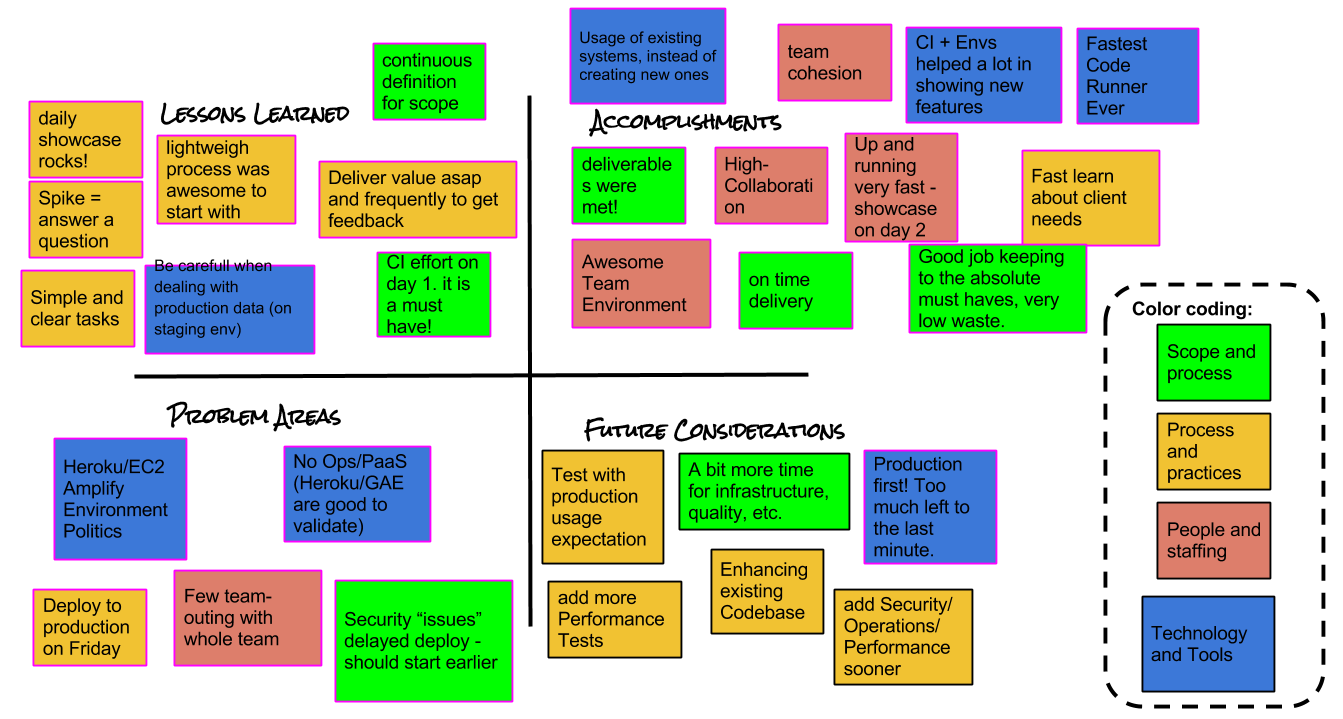

In one of the most memorable debate lines, the Republican challenger Ronald Reagan looked squarely into the camera to ask, “…are you better off now than you were four years ago?” In 1980 close to 7% of the popular vote was cast for political independent (and former Republican) John Anderson. In 1992, 19% of the popular vote was cast for political independent candidate H. Voters punish the president and the president’s party by shifting in favor of the alternative, which is the other major party in our two-party political system. In sum, retrospective elections are negative referendums on the performance of the incumbent president and by extension this president’s political party. Students might also be surprised to know a small number of voters aligned with the president’s party will also vote in favor of the out-party nominee. This contributes to the election of out-party presidential contenders. Therefore, it follows that the out-party is rewarded with the majority of their vote. In these types of elections, independent voters go against the party of the incumbent president. These retrospective elections are 1980, 19. There are three retrospective elections that offer a better sense of what happened in 2020.


The Prevalence of Retrospective Elections This blog focuses on retrospective presidential elections, as 2020 was one of them. A retrospective contest in which voters punish the president or the president’s party, if it’s an open-seat contest.A battle for an open seat because the president is term-limited (for example, President Johnson in 1968 was the last incumbent to not seek reelection).An endorsement of the incumbent and their political party, or a reaffirmation of the president, specifically if the president seeks reelection.In teaching presidential politics, students should know American presidential elections typically take on three different types of dynamics: McKee, Professor, Oklahoma State University


 0 kommentar(er)
0 kommentar(er)
